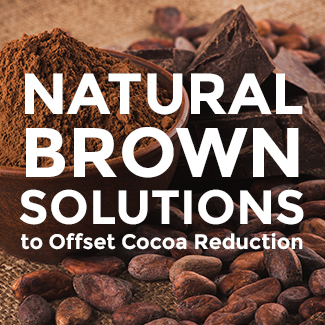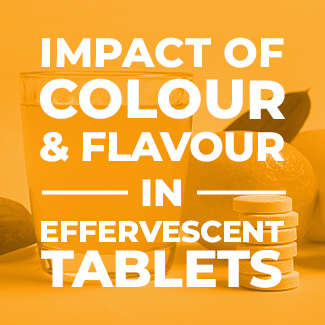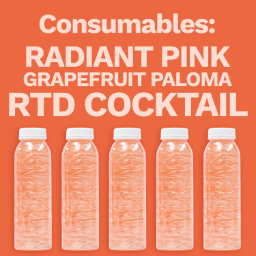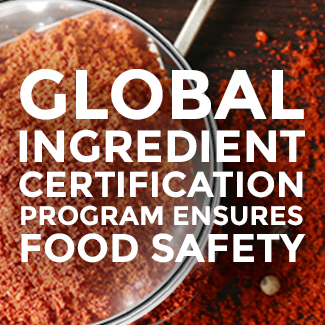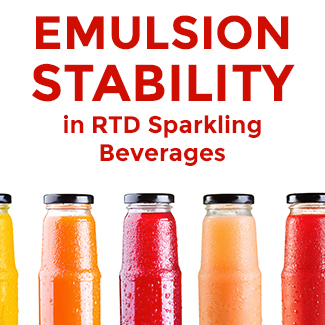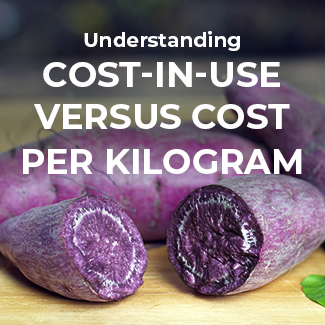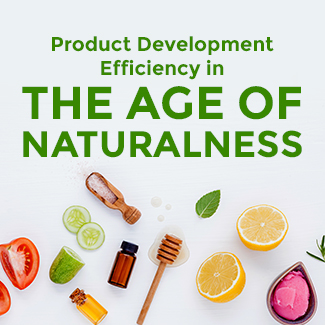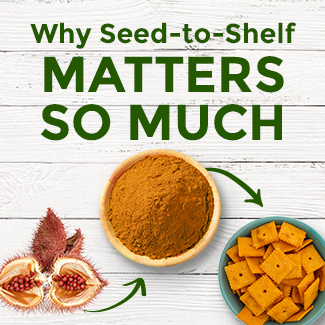Reduce Sodium Level Without Compromising on Taste
Consumers nowadays are likely to eat more processed, energy-dense foods, which tend to be higher in saturated fats, trans fats, sugars, and salt. Due to rapid urbanization and changing lifestyle in the 21st century, people’s dietary pattern has largely changed in recent years.The risk of health-related problems potentially arising from the high level of sodium consumption can likely be lowered by a more conscious approach from companies and consumers alike.
Although there is an increasing number of consumers paying more attention to the content and ingredients of food and drink products, taste is still the most important factor worldwide when it comes to grocery shopping and selecting products off the shelf. New ingredient solutions can play an important role in supplying the increasing demand for food and drink products with the same taste profile but lowered sodium content.
Despite the fact that the topic of sodium reduction received less attention than sugar reduction for example, during the recent years, it is still an important concern that is worth keeping in mind in order to meet the rising global sodium reduction targets.
“The World Health Organization Member States have agreed to reduce the global population’s intake of salt by a relative 30% with the aim of achieving a target of less than 5 grams per day (approximately 2g sodium) by 2025.”
Source: World Health Organization websiteConsumer’s perspective on salt, selected from amongst the below mentioned European countries provides a perspective for other countries, such as South Africa, as well.
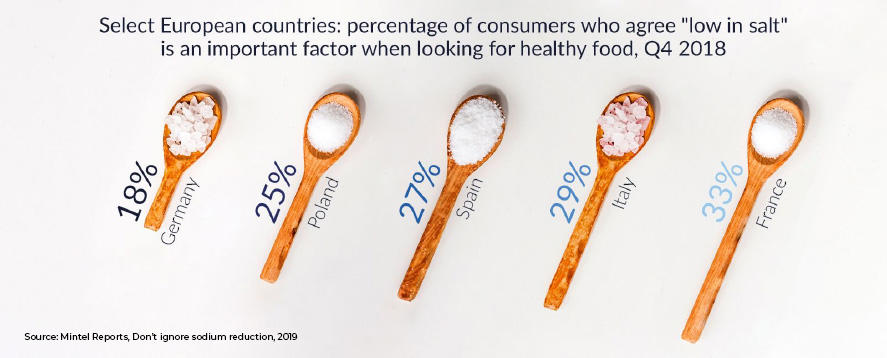
Arising from the important functional role sodium plays in flavor, texture and food safety, product developers face many challenges when it comes to sodium reduction. Salt alternatives do not always provide all the same benefits salt itself does.
“There are several ways to reduce sodium in snacks, but some of them come with taste issues that need to be dealt with,” said Roger Lane, marketing manager, savory flavors, Sensient Flavors.”
SensaSalt™, a collection of yeast extract-based flavor enhancers used in conjunction with other sodium reduction solutions, works as a flavor enhancer to boost positive-notes while reducing potentially negative off-notes. SensaSalt makes the final product more appealing by aiming to naturally enhance target flavors while reducing the sodium content by up to 50%.


Enhance umami and meaty flavors for soup, broth, gravy, and poultry or meat products, while reducing sodium level naturally
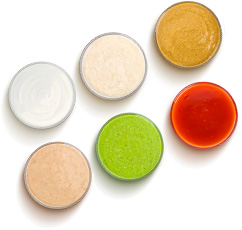
Enhance cheese notes, dairy notes or tomato notes for sauces, dips and salad dressings, while reducing sodium level naturally

Enhance the overall flavor profile, maintain texture and reduce sodium level for bakery applications
In addition, Umami ingredients like yeast extract and hydrolyzed vegetable protein can be used to extend the perception of salty taste and can reduce the sodium content in the final product. Sensient offers a variety of brewer’s yeast extracts, baker’s yeast extracts, and customized solutions to develop flavor profiles for various applications. Moreover, Sensient uses a broad range of protein sources to develop flavor profiles for applications, which makes it a global leader in the manufacture of acid-hydrolyzed vegetable proteins (HVPs), a key building block in savory flavor systems.

To learn more about how Sensient products can help you in developing tasty and flavorful products with lower salt content, take a look at our savory solutions page or feel free contact us and to request a sample.














